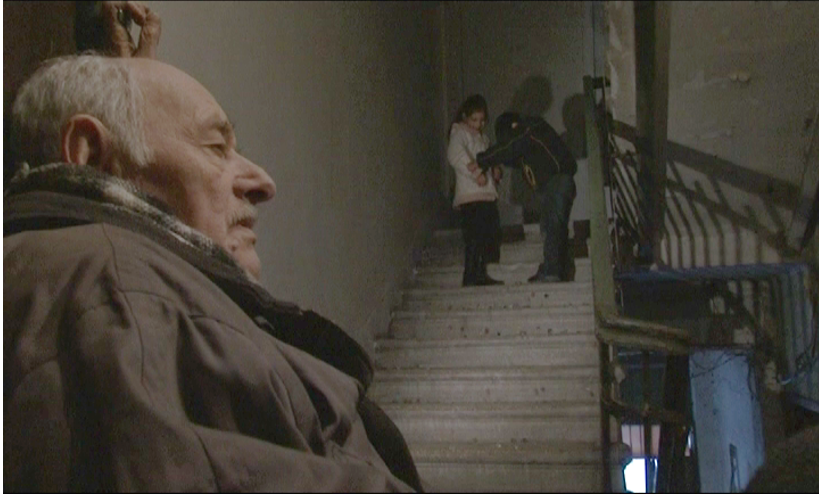In 2020, for the first time in the history of Georgia, the football club managed to get into the 32 best clubs of the UEFA Champions League. Lanchkhuti women's football club "Lanchkhuti" succeeded in doing so. This event became the cause of overall attention and joy.
In their student documentary "Lanchkhuti" After Three Years" (2023), Elene and Natalia Adamashvili present the life of this club three years later. In addition, this film shows the players’ stories, their personal adventures, which are connected with getting into the football club, emphasizing how important the achievement of 2020 was for each of them. Attention is paid to the great role of "Lanchkhuti" players’ success to interest the new generation.
Interestingly, since 1981, Tbilisi "Dinamo" winning UEFA Cup Winners' Cup remains one of the favorite victories of Georgian fans. 42 years have passed and generations are growing up with the pride this victory brought them. Undoubtedly, such a historical event is of great importance for our country. And for 39 years, we have not had such an important football event. However, it should also be noted that such a success as "Lanchkhuti" gained is not so quickly forgotten as it happened in our reality. It might have been caused by the fact that it is about women's football, but it is nice to see the fact that especially young people have become interested in this topic in cinema. Such an attitude will make the society more involved in the and will increase athletes’ motivation.
Elene and Natalia Adamashvili’s documentary begins with an episode in which children are playing football. At first, this episode has nothing to do with the "Lanchkhuti" club, but in other parts of the film we also find episodes when shots of the streets, yards, neighborhood stadiums are seen, where young people play football. At the end of the film, we can see how two little girls enjoy playing football. This decision links up the film and it shows the audience how success in women's football, such as playing in the Champions’ League, has had an impact on young girls.
The film is made in the style of a standard documentary film. The work is built on the traditional system of this name, but several episodes are unnatural. Especially the coach's monologues when he encourages his team after practice or even in the locker room. It is more like a prepared text. Maybe it was the directors’ desire or the coach himself decided so. Often people act unnaturally in front of a movie camera, but in any case, these episodes are unnatural, and the unnaturalness is especially noticeable in a documentary.
The directors try not to make the film boring, so they alternate training and game shots, football players’ as well as Durmishkhan Chkhaidze’s interviews, who is the founder of "Lanchkhuti" football club, former president of the Guria Regional Football Federation, also shots of sportsmen's free time, etc. But the movie still gets tiresome. Its narrative proceeds in such a way that it should come to an end with the completion of the game, but after the game is won, the film continues, and the climax is no longer visible.
If Durmishkhan Chkhaidze's emotional words, when he says: "My wife told me: these girls saved you..."- were in the last part of the film, it would probably cover the above-mentioned drag, but this section is in the middle of the film and the emotion that fills the audience slows down until the end of the film or disappears altogether.
Towards the end, a talisman is woven by one of the players. From time to time there is shown how length is added to the bracelet and its completion sort of paves the way for the final episode. The idea is attractive and interesting, but since the talisman appears in the second part of the film, using it as a peculiar guide is not a very advantageous decision. If it had appeared at the beginning of the film and we followed its progress step by step, it would have been easier and more convenient for the audience.
The film emphasizes and presents an important event – the change in the attitude of the Georgian people towards women's football, which is underlined in Durmishkhan Chkhaidze’s words: "There was a time when people said about me – he’s gone mad, he’s crazy. Is it time for women's football? Where have you heard it? Everything has changed, everything has changed..."
All in all, this film turned out to be an interesting student film and brought the young directors their first victory.
Gvantsa Nozadze






